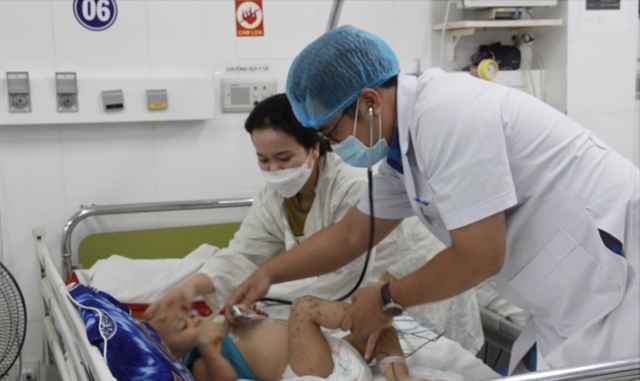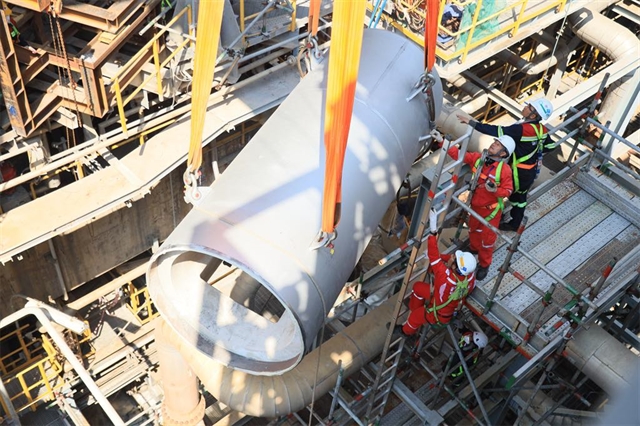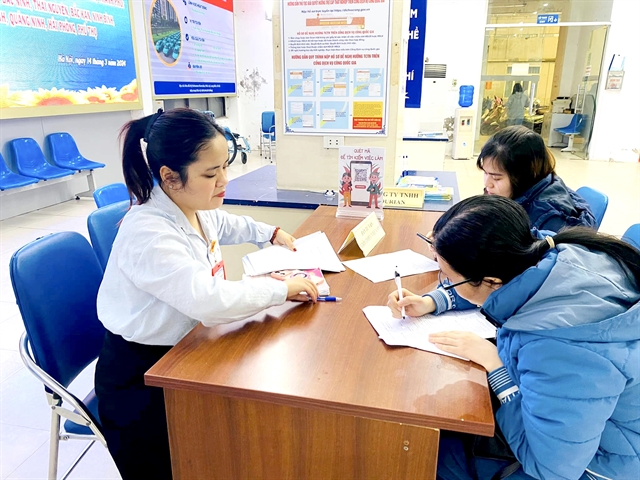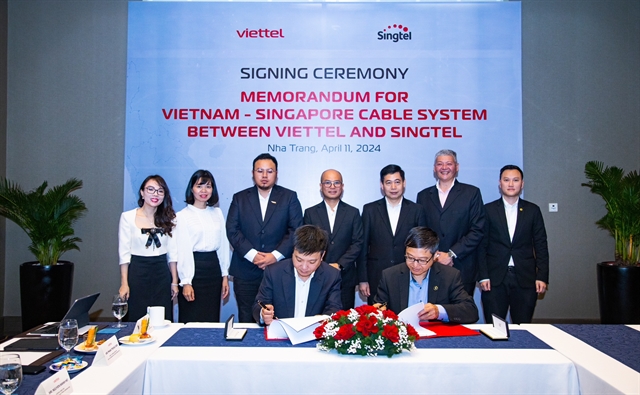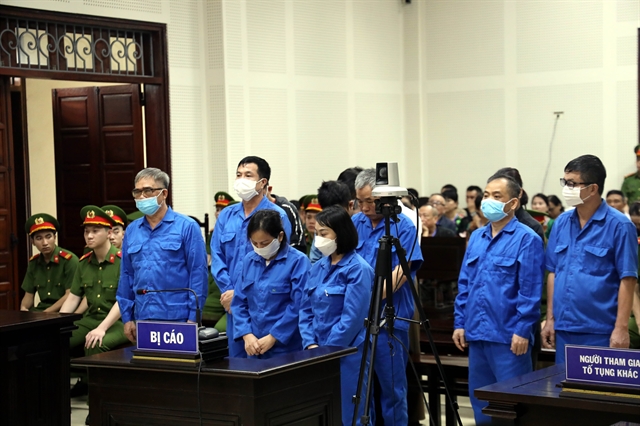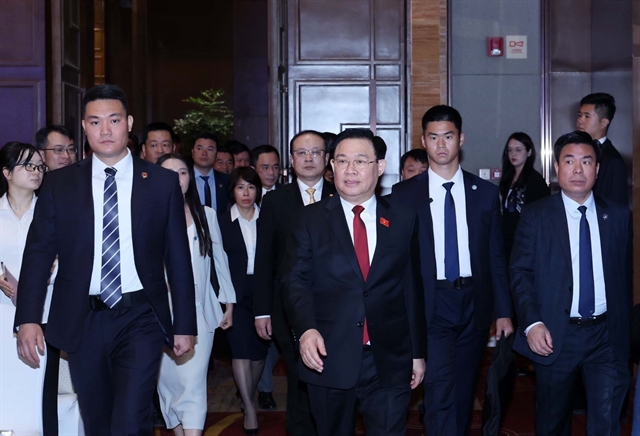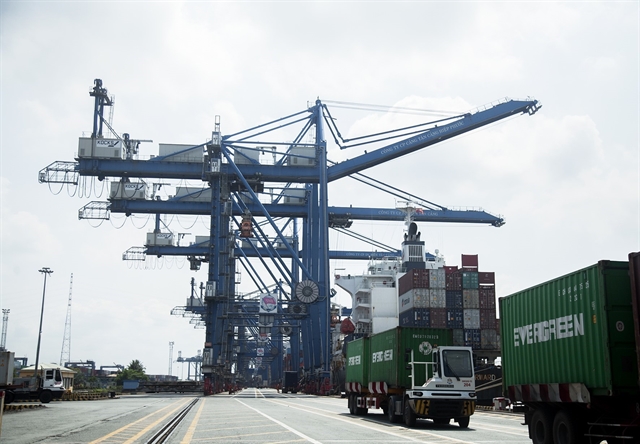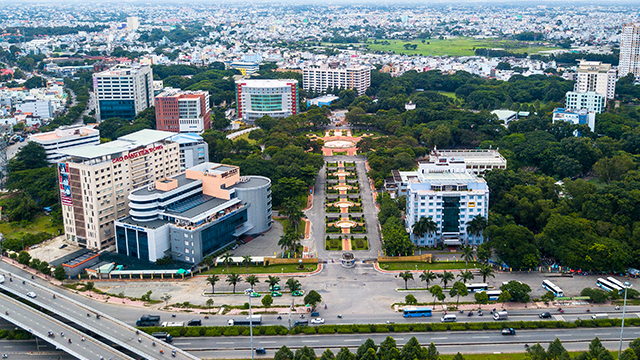

Venezuela's President Nicolas Maduro -- who is battling a crippling economic crisis in his oil-rich, cash-poor nation -- will seek re-election next year, Vice President Tareck El Aissami said Wednesday.
CARACAS — Venezuela’s President Nicolas Maduro -- who is battling a crippling economic crisis in his oil-rich, cash-poor nation -- will seek re-election next year, Vice President Tareck El Aissami said Wednesday.
In 2018, "we will have, God willing, people willing, the re-election of our brother Nicolas Maduro as president of the republic," El Aissami told a meeting of the ruling United Socialist Party of Venezuela.
Next year’s presidential election in the South American country -- a member of OPEC -- is scheduled for December, but some experts believe it could be brought forward to March.
Venezuela’s prolonged crisis has resulted in crippling shortages of food, medicine and industrial inputs, fueling inflation which at 1,000 per cent is the world’s highest.
Ratings agencies have found the country in partial default on massive international loans, estimated at $150 billion.
Maduro was elected in 2013 after the death of then-president Hugo Chavez, who had anointed him as successor.
Analysts see the early declaration of intent as a move to dissuade challengers inside the ruling party who may be encouraged to run by the president’s low popularity rating of around 20 per cent.
"There was an internal race between aspirants and this can be a way of putting down a marker and get ahead," said political analyst Luis Salamanca.
Even if challengers emerge, a Socialist Party primary is unlikely. "It will be resolved internally," said Salamanca.
Maduro’s government is due to begin talks with the main opposition coalition on Friday and Saturday in the Dominican Republic to try to put an end to the political crisis.
"The government isn’t sitting at the table because of political pressure, but because of economic pressure, because it has a brutal crisis and international sanctions that reduce its leeway," said analyst Luis Vicente Leon. — AFP


